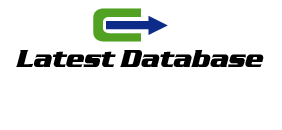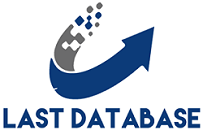The US Telephone Consumer Protection Act (TCPA) Sets the Dial Tone (H3)
In the United States, Email List the Federal Trade Commission (FTC) enforces the Telephone Consumer Protection Act (TCPA) which regulates the time telemarketers can initiate calls to consumers. Here's a breakdown of the key points:

The Golden Rule: Prior Consent is Key - Telemarketers can only call you if you have given them prior express written consent. This can be done through various methods, such as signing up for a company's mailing list or checking a box on a website form that explicitly allows them to contact you by phone.
Time Zone Considerations - Telemarketers can only call you during specific times based on your local time zone.
Safe Calling Hours: Calls can be made between 8:00 am and 9:00 pm local time.
Exceptions Exist: Some exceptions allow for earlier calls for established business relationships or if you have specifically requested contact outside these hours.
Remember: These regulations are in place to protect consumers from unwanted calls. If you receive a telemarketing call outside of these permitted times, you have the right to report it to the FTC. (H3)
The Canadian Anti-Spam Legislation (CASL): Similar Goals, Different Rules (H3)
Canada's telemarketing landscape is governed by the Canadian Anti-Spam Legislation (CASL). While the overall goal of protecting consumers from unwanted calls aligns with the US approach, there are some key differences:
Express Consent vs. Implied Consent: In Canada, both express consent and implied consent can be used for telemarketing calls. Implied consent can be obtained through existing business relationships or responding to a company advertisement. However, strict rules govern how implied consent is obtained.
Time Zone Considerations: Similar to the US, calls can only be made during specific times based on your local time zone.
Safe Calling Hours: Calls can be made between 9:00 am and 9:30 pm local time.
Remember: Consumers in Canada also have the right to opt-out of receiving telemarketing calls by registering their phone number with the National Do Not Call List (DNCL). (H3)
Beyond Regulations: Best Practices for Telemarketers and Consumers (H3)
Following regulations is essential, but there's more to creating a positive telemarketing experience:
Telemarketers: Respect consumer time zones and avoid calling during inconvenient hours, even if technically allowed.
Consumers: Be mindful of the information you provide online and understand how it might be used for marketing purposes. Utilize tools like the National Do Not Call List (US) or DNCL (Canada) to reduce unwanted calls.
By understanding the regulations and adopting best practices, both telemarketers and consumers can navigate the world of phone calls in a more respectful and efficient manner.


